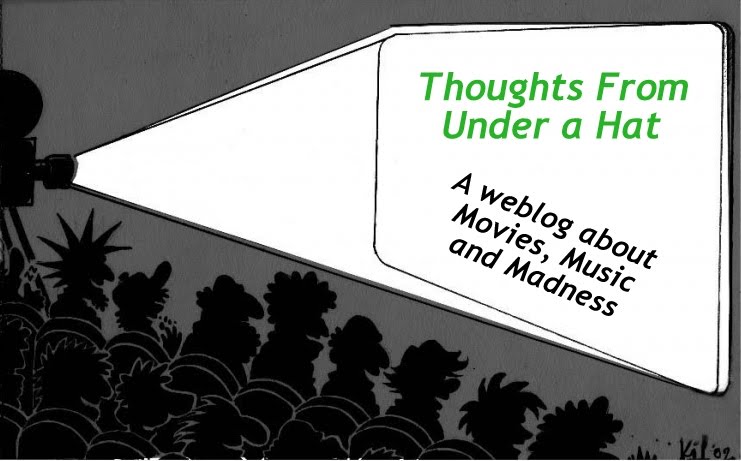When I first saw Into the Wild, it struck a chord with me. This was at a time when I was almost finished with high school and had to make up my mind about the future. And even though I knew more then ever, I also had more questions then ever. About the world. About life. But mostly about society, and my role in it. And to myself in that angsty and insecure state, Christopher McCandless embodied who I wanted to be. Inspired by Tolstoy and Jack London, he left both his family and everything he owned behind to travel throughout the United States. Armed only with his wits and a book on edible plants he took on the world. He met kind, inspiring people and inspired some people himself before setting off to his final destination: Alaska. The hardships overtook him, however, and he died of starvation before being able to get back. This is a true story, mind you. Yet to me at the time, it seemed right. Alaska was where he belonged. He became one with nature. Chris McCandless to me was brave, determined and he had no regrets about his actions while still just being a normal person. But most importantly, he knew his purpose, something I was desperately looking for at the time.
This is exactly the point of view Sean Penn, the director, tries to get across. Society in this movie only seems to pervert people into acting like Chris' parents, who raise their children in a loveless and violent family. Their support is only material, not emotional. What Chris did was shaking off the shackles of modern life and find his true self. And I'm sure that is how he saw it himself.
I watched this movie again a few days ago. And I noticed a change in how I watched this. Instead of flowing along, like I used to, I couldn't help but notice that what Chris did was morally pretty dubious. His actions were also harmful to a lot of other people, not to mention himself.
Now, I am not saying here I disagree with the point of view in the film. I only find it hard to swallow in the one-dimensional way it is presented in this film. Mind you: a one-dimensional protagonist doesn't have to not work per se. But sometimes there is just more to a story. That is one of the reasons I love Stanley Kubrick so much: he rarely ever puts a moral point of reference in his films. All his characters are people who do what they do best: be very, very complicated and in a moral gray zone. And Chris McCandless is in a pretty gray zone if you ask me: he made his parents first worry sick and then grieve about him. His sister even more. And however brave it is what he did, it was also rather reckless and unprepared. Remember, this movie is about a very real person, with very real relatives.
I watched this movie again a few days ago. And I noticed a change in how I watched this. Instead of flowing along, like I used to, I couldn't help but notice that what Chris did was morally pretty dubious. His actions were also harmful to a lot of other people, not to mention himself.
Now, I am not saying here I disagree with the point of view in the film. I only find it hard to swallow in the one-dimensional way it is presented in this film. Mind you: a one-dimensional protagonist doesn't have to not work per se. But sometimes there is just more to a story. That is one of the reasons I love Stanley Kubrick so much: he rarely ever puts a moral point of reference in his films. All his characters are people who do what they do best: be very, very complicated and in a moral gray zone. And Chris McCandless is in a pretty gray zone if you ask me: he made his parents first worry sick and then grieve about him. His sister even more. And however brave it is what he did, it was also rather reckless and unprepared. Remember, this movie is about a very real person, with very real relatives.
It's not hard to run along with this movie. The cinematography is beautiful. The writing is atmospheric and filled with quotes from Tolstoy and Jack London. And the music... Well, I think that has been praised enough on this particular weblog. The music is magnificent. However, if you take a little distance, it gets harder and harder to justify Chris' actions to yourself. Especially in the way the movie presents Chris: as an absolute hero.
I think this movie would have benefited greatly from a little more Werner Herzog. A little more perspective on what Chris did and how it affected those around him. It certainly would have made the movie a whole lot deeper and more interesting. As it is, this one gets filed under the "Good" instead of the initial "Great".
Alias
P.S. If you didn't understood that last bit, check out the Review Scores thingy above the picture. I know my reviews can get a little vague on the "what did I think about the movie"-bit so I hope this clarifies things.
I have used the soundtrack of this movie a little too often already, so here is music from another young man with a mission that died too early: Nick Drake.

No comments:
Post a Comment